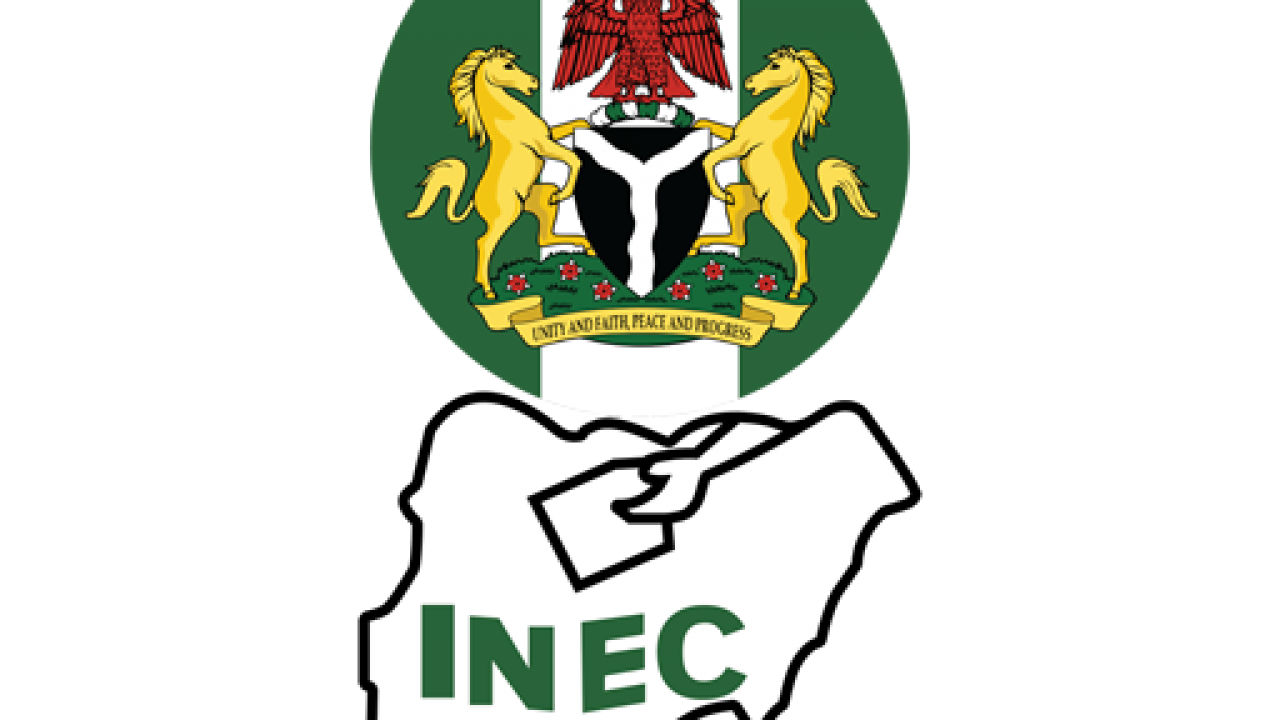Electricity consumers on Band A feeders may face a potential tariff increase following a surge in the electricity subsidy shortfall, often referred to as subsidy.
According to the PUNCH, the Federal Government’s electricity subsidy rose to N181.63 billion in September, up from N102.30 billion in May.
In April, the Nigerian Electricity Regulatory Commission removed subsidies for Band A customers, who enjoy a minimum of 20 hours of electricity daily.
This led to an increase in their tariff to N225 per kilowatt-hour (kWh). Despite this, the subsidy for electricity continued to rise, with projections indicating a possible further hike in the Multi-Year Tariff Order for October, unless the cost of power generation decreases.
Data from NERC shows that the subsidy rose from N140.7 billion in April to N158 billion in June and N181.63 billion by September.
The rise is attributed primarily to Nigeria’s foreign exchange crisis, with NERC noting that the dollar exchange rate plays a key role in determining the cost of power production.
The exchange rate used by NERC increased from N1,494.1 in July to N1,601.5 per dollar in September, coupled with an inflation rate of 33.40% in July 2024.
This has fueled concerns over the rising cost of generating power, which has left many Nigerians and businesses anxious about a potential hike in tariffs.
Earlier in May, NERC temporarily reduced Band A tariffs to N206.80/kWh when the subsidy dipped, but this relief was short-lived as tariffs were raised again to N209/kWh in July.
Despite the hike in generation costs, the Federal Government has not yet approved another tariff increase, likely due to ongoing economic challenges, including the high cost of fuel.
The situation has left power distribution companies dissatisfied, with some refusing to off-take electricity allocated to them from the national grid.
They argue that tariffs in other customer bands, apart from Band A, remain non-cost-reflective, making it difficult for them to operate without losses.
One Disco official, speaking anonymously, confirmed the challenges faced by power companies, stating that they are struggling to pick the extra energy produced by generation companies.
The official highlighted the need for increased meter penetration and tariff adjustments for all bands to mitigate losses.
In response to the refusal of some Discos to take additional power, Minister of Power Adebayo Adelabu expressed his disappointment.
He noted that the national grid recently peaked at over 5,000 megawatts but had to reduce output by 1,400MW due to the Discos’ inability to absorb the supply.
Adelabu urged the Discos to increase their capacity to take on more energy, warning that failure to do so could lead to grid instability.
He emphasized the government’s goal of boosting generation to 6,000MW by the end of the year while calling on power distributors to step up efforts to prevent grid collapse.











